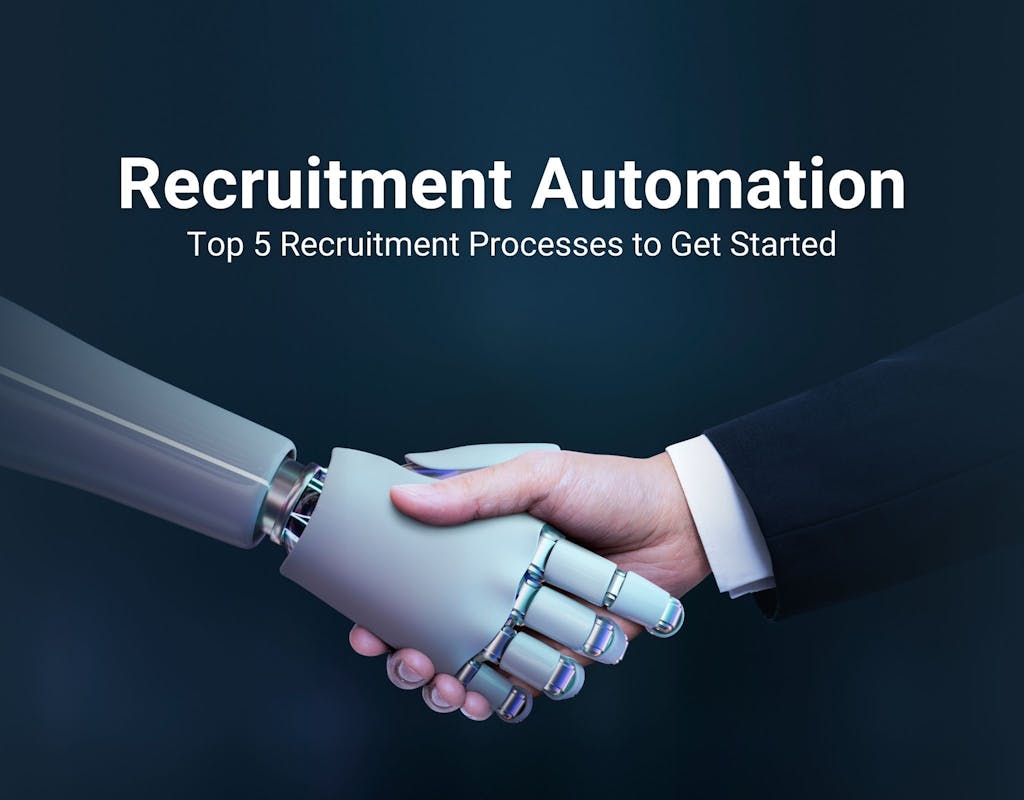The global labor market is a diverse landscape, with each market presenting its own distinct characteristics and intricacies. In this blog article, we delve into the German labor market, exploring its unique features that set it apart from other labor markets worldwide. Additionally, we examine the key factors in active sourcing within Germany and highlight essential aspects for attracting suitable candidates in this particular market.
To fully tap into the vast potential of the German labor market, it is crucial for companies to extend their reach beyond actively job-seeking candidates and engage with professionals who are currently employed and passively considering new career opportunities. Recent surveys conducted by LinkedIn provide intriguing insights into the German labor market. They reveal that 32% of labor market participants are actively seeking new employment, while 56% of candidates are in a passive state but remain open to enticing offers.
Consequently, it becomes imperative for companies to develop effective active sourcing strategies tailored to the German market. Taking into consideration the specific requirements and cultural nuances of the German labor market when approaching potential candidates is of utmost importance. By implementing targeted recruitment approaches that acknowledge the distinctive characteristics of the German labor market, companies can successfully identify highly qualified professionals and position themselves competitively within this fiercely competitive environment.
The German labor market is characterized by the following features:
Security
The German labor market attaches great importance to job security. Employees generally seek long-term employment and a stable career. Companies often invest in the further training of their employees in order to build long-term ties.
Work councils and participation
In Germany, there is a strong tradition of employee representation through works councils. These have participation rights in important internal company decisions. The involvement of employees in decision-making processes is an essential part of the German labor market.
Work time regulation
Worktime regulation in Germany is comparatively strict. There are clear regulations regarding the maximum working hours per day and per week, as well as clear provisions for breaks and vacation days. Work-life balance is therefore an important issue for most employees.
Qualification and training
The German labor marketplaces great value on formal qualifications and vocational training. Skilled workers with sound specialist knowledge and practice-oriented training have good opportunities in the German labor market. Continuing education and lifelong learning are important components of professional development in Germany.
Corporate identity
Employees want to be able to identify with the company and usually have a strong bond with the corporate identity if it matches their personal values.
Skills shortage
In Germany, talent shortages have created a dynamic where candidates hold significant negotiating power. Employers find themselves in fierce competition for top talent, leading candidates to secure better salaries, enhanced employee benefits, and other enticing perks. Moreover, candidates now have the luxury of being more discerning in their job search, demanding a work environment that aligns with their needs and preferences. Consequently, the labor market in Germany has shifted to a candidate-driven landscape, requiring companies to exert greater efforts in attracting and retaining exceptional talent.
The scarcity of skilled workers in Germany stems from demographic changes, a declining birth rate, and a rising demand for highly qualified professionals, particularly in fields such as IT, healthcare, engineering, and skilled trades.
By understanding the unique characteristics and intricacies of the German labor market and adapting their strategies accordingly, companies can seize the abundant opportunities and effectively target skilled workers. Whether one is a headhunter or an employer, it is essential to reassess their approach in order to capitalize on the prospects for growth and success that the German labor market offers.
Tips for successful active sourcing
Active sourcing in Germany entails several crucial factors that warrant special attention. Personalized and individualized communication holds immense value, making direct candidate outreach essential. Taking the time to craft tailored messages that address candidates' specific skills and experiences is of great importance.
Maintaining a professional demeanor is another key aspect, as the German job marketplaces significant emphasis on professionalism. Communication should consistently exhibit respect and seriousness. Avoiding overly promotional language and being transparent about intentions and expectations conveys that you value candidates' time and interest.
Furthermore, a high level of cultural awareness is vital. The German labor market has its distinct work culture and business practices. Adapting your approach to demonstrate an understanding of German culture is essential for optimizing engagement. Familiarity with local customs and habits fosters trust and strengthens relationships. By aligning with the norms of the German job market, you signal to candidates that their needs and preferences are comprehended and respected.
Simultaneously, it is essential for employees to develop their soft skills, as these play a significant role in the German work culture. Effective communication, teamwork, and adaptability are particularly valued when searching for a job and building a career in Germany. Further insights on the most important soft skills for recruiters can be found in our blog article.
Conclusion - Characteristics make the market
The German labor market impresses with its compliance with rules as well as its strong focus on qualifications. At the same time, the talent shortage and the shift towards a candidate-oriented labor market pose new challenges for companies as they have to increase their efforts to find and retain talented professionals in the long term. By understanding the differences and peculiarities of the German labor market, both employees and employers can adapt their strategies and operate successfully in the market.
Looking to grow your business with world-class talent? With MoBerries, you get a careful selection of suitable talent delivered directly to your personal dashboard. Get qualified and motivated candidates for your company and make your recruitment processes more efficient.
Are you looking for a new professional challenge in the German labor market? With MoBerries you have the opportunity to get access to a wide range of job offers that match your requirements and interests in the shortest possible time. Take the chance and start your career with MoBerries!



